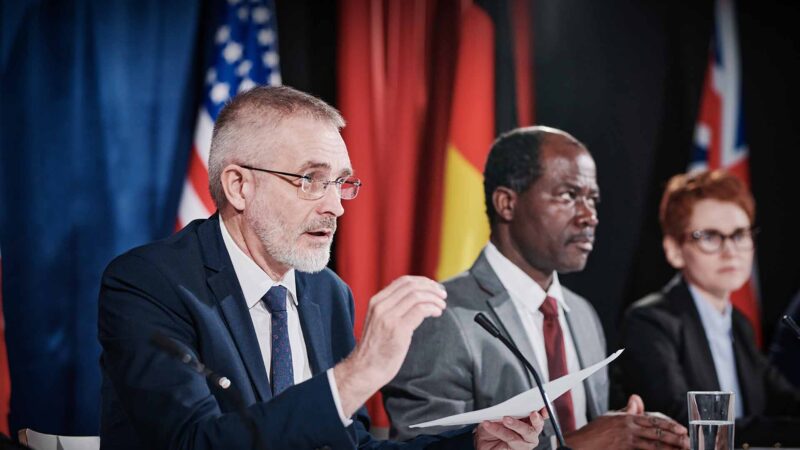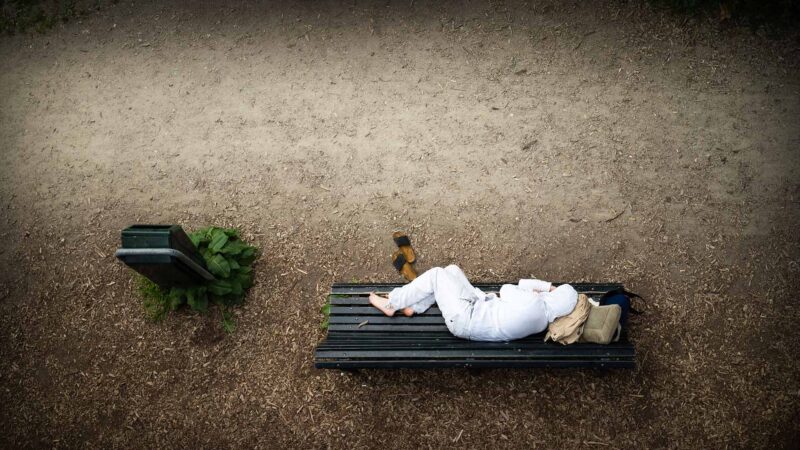Australia and India have significant potential to generate affordable clean electricity from solar energy systems. However the economic, environmental and health benefits from a transition to renewable energy are not fully appreciated.
To coincide with this year’s 2023 World Environment Day, World Made Good releases a segment on a joint Australia and India clean energy generation project funded by the Australian Department of Foreign Affairs and Trade. Launched in 2021, the Clean Energy for Healthy Environments and Lives (CE4HEAL) project addresses 5 of the UN Sustainable Development Goals:
- SDG#3 Good Health and Well-being
- SDG#4 Quality Education
- SDG#7 Affordable and Clean Energy
- SDG#11 Sustainable Cities and communities
- SDG#13 Climate Action
World Made Good spoke with Professor Sotiris Vardoulakis, Australian National University and Professor Shiva Nagendra, Indian Institute of Technology, Madras, India, on how the project has been increasing access and adoption of domestic solar systems and reduce polluting fuel use in rural and remote Australia and India. These have contributed to cleaner air, affordable and improved energy security, and better health outcomes for rural, remote and Indigenous communities in both countries.
Extreme heat in parts of Australia and Indian are driving the need for affordable, clean and reliable energy. Professor Vardoulakis says, ”Many remote communities in Central Australia are exposed to extreme temperature due to climate change. That means more heat waves and droughts and extreme heat. Heat can be life threatening if people cannot cool their homes, their medical supplies and their food. That’s why they need affordable, clean and reliable energy.”
Most rural households in India use biomass fuels; many remote/Aboriginal communities in Australia rely on polluting and expensive diesel for energy generation. Professor Shiva Nagendra states the health impact being from “harmful gases and particulates significantly that affect respiratory health.”
The project teams have worked with rural and remote communities in Central Australia and South India to identify barriers and promote the use of solar energy. By listening and talking to communities to collect and communicate examples of clean energy projects already operating in rural and remote communities; identify barriers and enablers for increased adoption of clean domestic energy solutions; co-design in ways to communicate their health, environmental, and economic benefits in rural, remote, and Indigenous communities; and enhance collaboration on clean energy solutions between these communities in Australia and India.
#worldenvironmentday
#worldenvironmentday2023
You Might also like
-
Global leadership through soft power
Soft power refers to the ability of a country to influence the behavior of other countries or actors in the international system through non-coercive means. It is the ability to attract and persuade others to support a country’s policies and objectives through the use of culture, ideology, values, and institutions, rather than through military or economic coercion.
World Made Good Sustainable Development Host, Catarina Caria spoke with Daniel F. Runde, the author of a new book that looks at reclaiming global leadership using soft power. Runde’s new book The American Imperative: Reclaiming Global Leadership Through Soft Power addresses what America’s global strategy should look like in an age of renewed great power competition.
-
Sustainable Fashion – Planet and people wellness in clothing
Fast fashion has changed the way clothing is manufactured and sold to consumers around the world. It’s bought, worn once or twice, goes out of fashion, disposed of in the bin, destined for landfill, only to begin the process all over again.
-
Sustainable outcomes for homeless
Homelessness – its something that happens to others, to people we don’t know, to people who aren’t like us. We wrap ourselves tight in the cosy comfortable blanket of denial and privilege.



